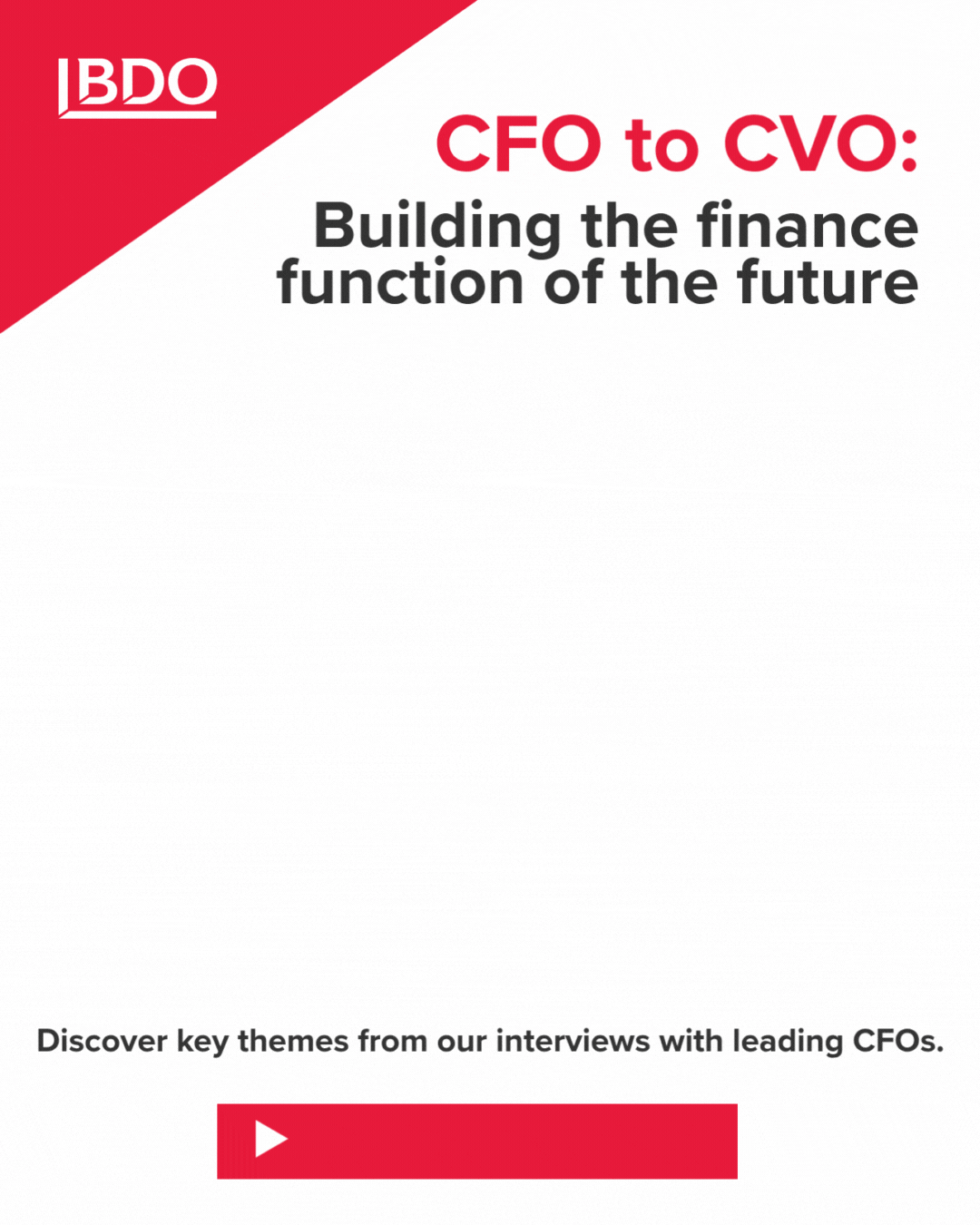
- Have you got a clear understanding of your organisation's operating model to be able to measure a truly value-centric view of your organisations performance?
- How are you adapting to new demands for transparency and the integration of non-financial information into your reporting?
- How can you identify silos and optimise processes, evaluating stages from planning to procurement, to improve supplier reliability and sustainability?
- How are you integrating ESG into your strategic plan and meeting regulatory reporting requirements?
- To what extent are sustainability considerations embedded into your organisation's objecitves?
- How do you balance short-term objectives with long-term value creation?
- What does value creation look like to your organisation, and how do you ensure that it's at the heart of strategic decision-making?
- How are you embedding the concepts of value into the risk management and governance processes?
- What systems and processes are you putting in place to safeguard against risks and fraud (e.g. digital risk, economic crime, cyber security, and data protection)?
- How are you implementing a multi-stakeholder value creation model that includes investors, regulators, customers, employees, and the local community?
How are you prioritising mentoring, networking, and strategic business partnering to build a resilient, agile workforce and attract top talent?
What are you doing to ensure your team develop new expertise on data, sustainability, and soft skills, like stakeholder management?
- How can your finance function not only support but also drive digital innovation and automation?
- How are you ensuring your organisation takes a holistic approach to digital transformation considering people, systems, and processes?
- What processes are you putting in place to leverage financial and non-financial data and AI to drive strategic decision making?
- In light of the growing emphasis on both financial and non-financial data analysis and insight generation, what is the role of your finance function in delivering data governance?